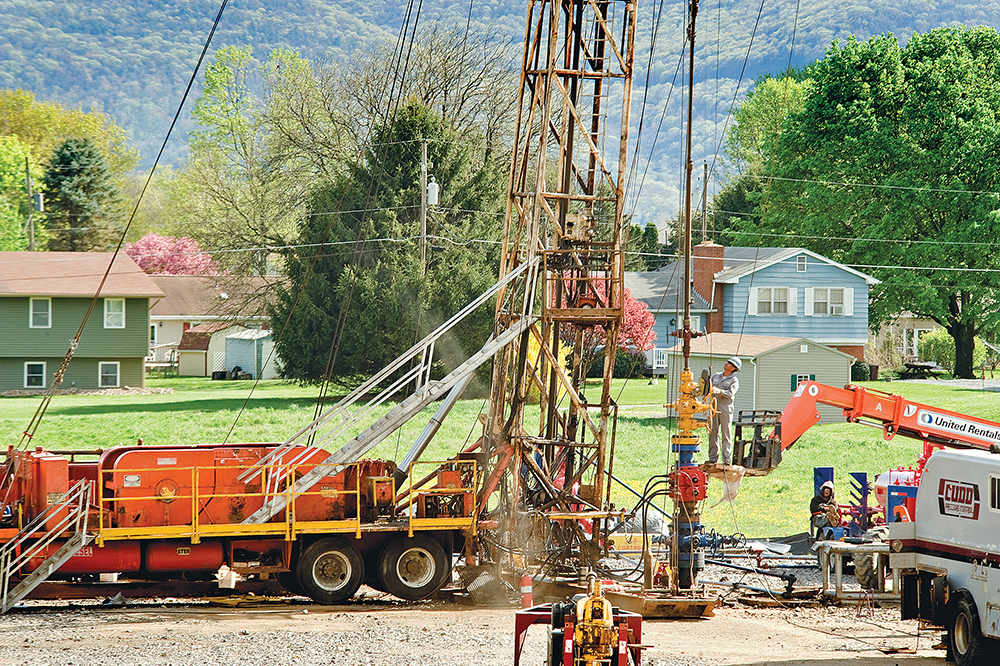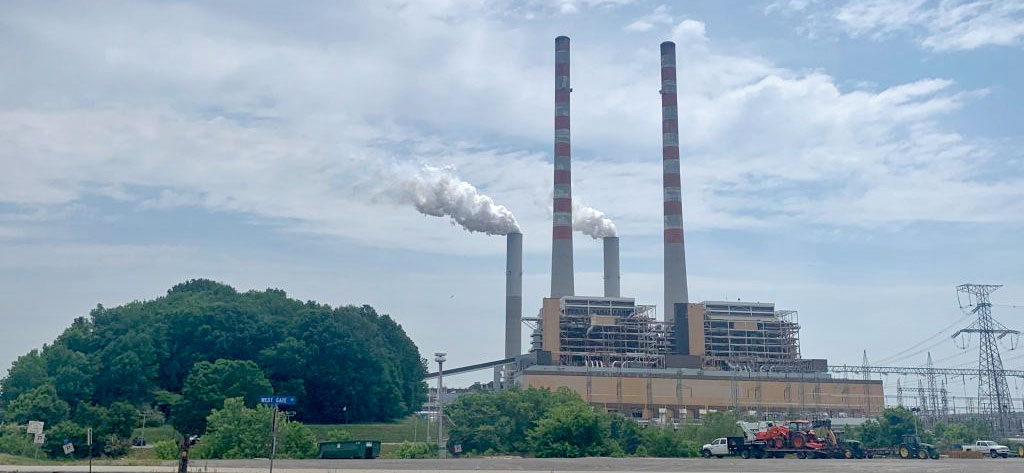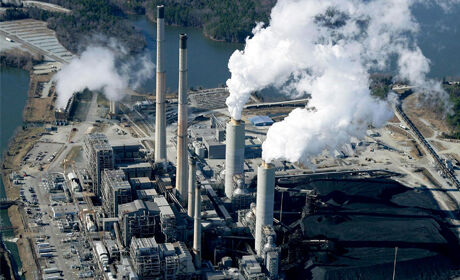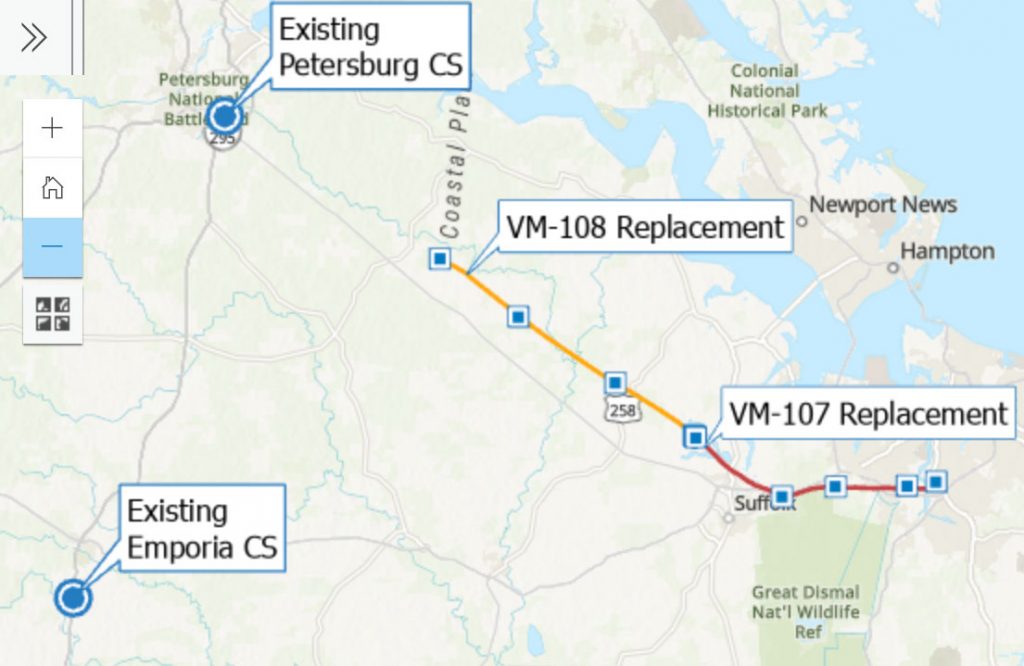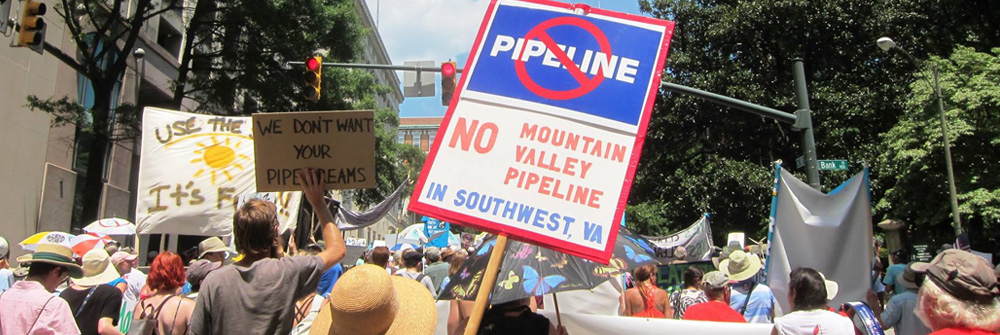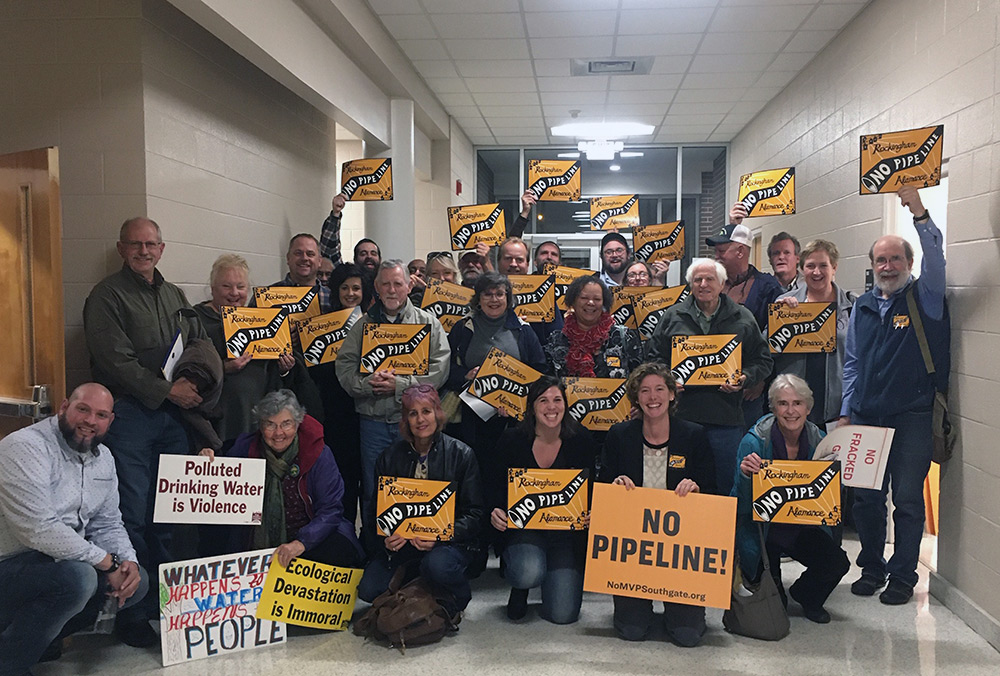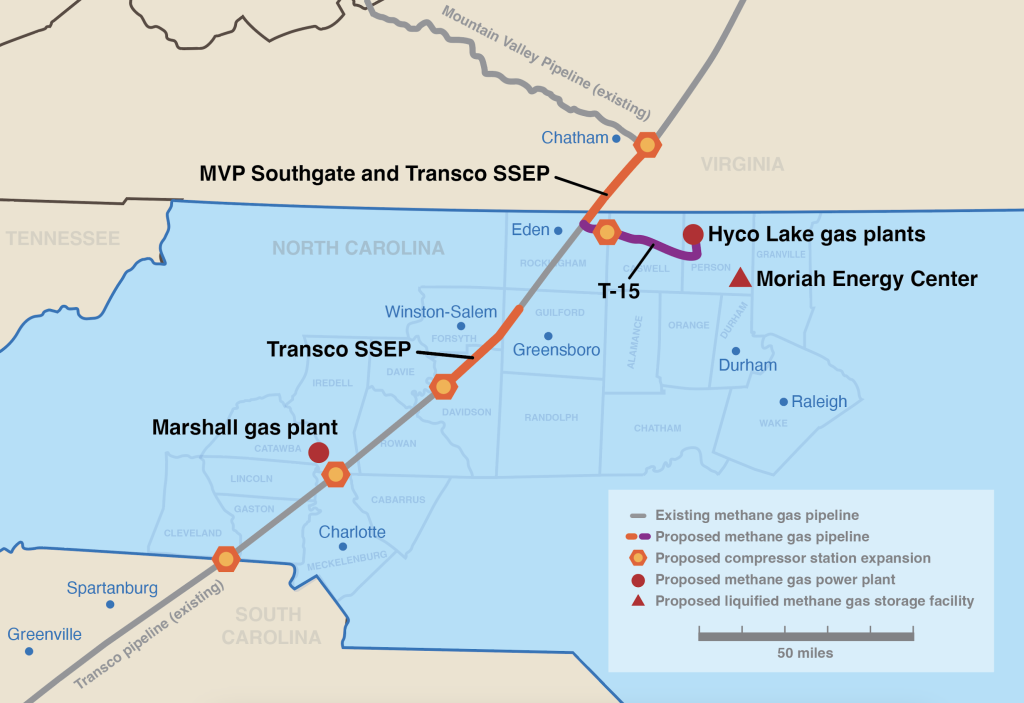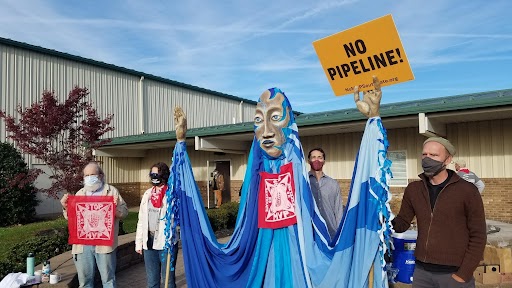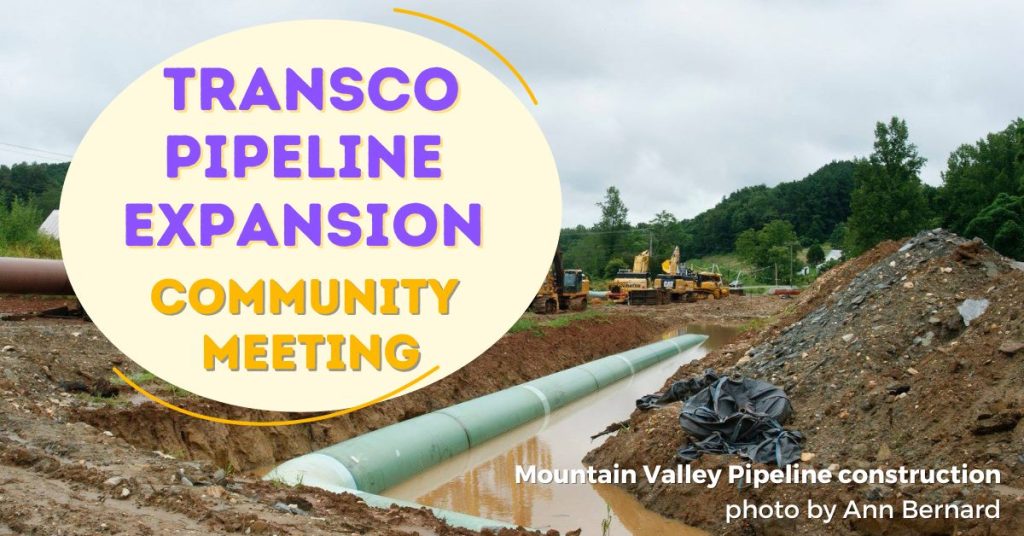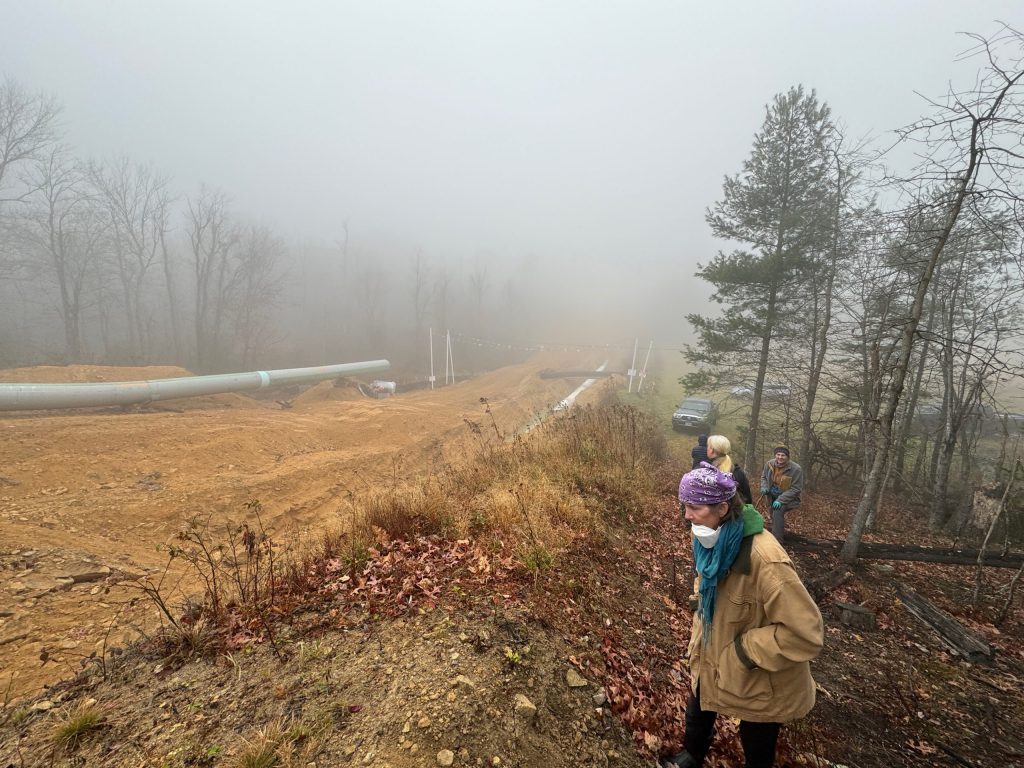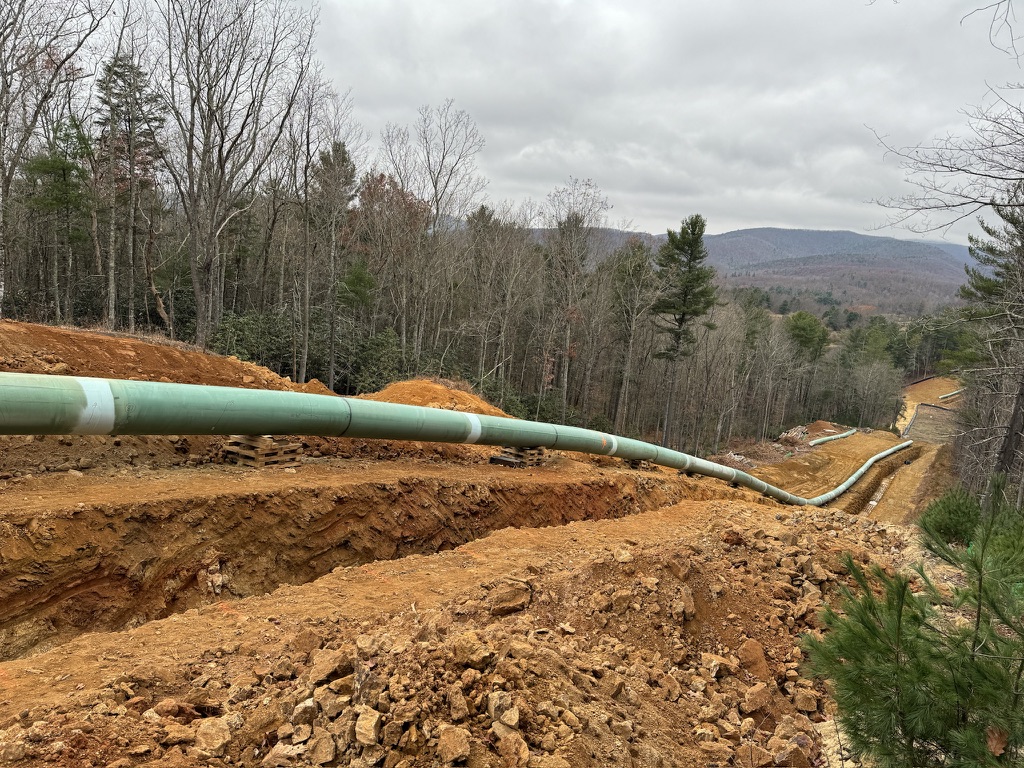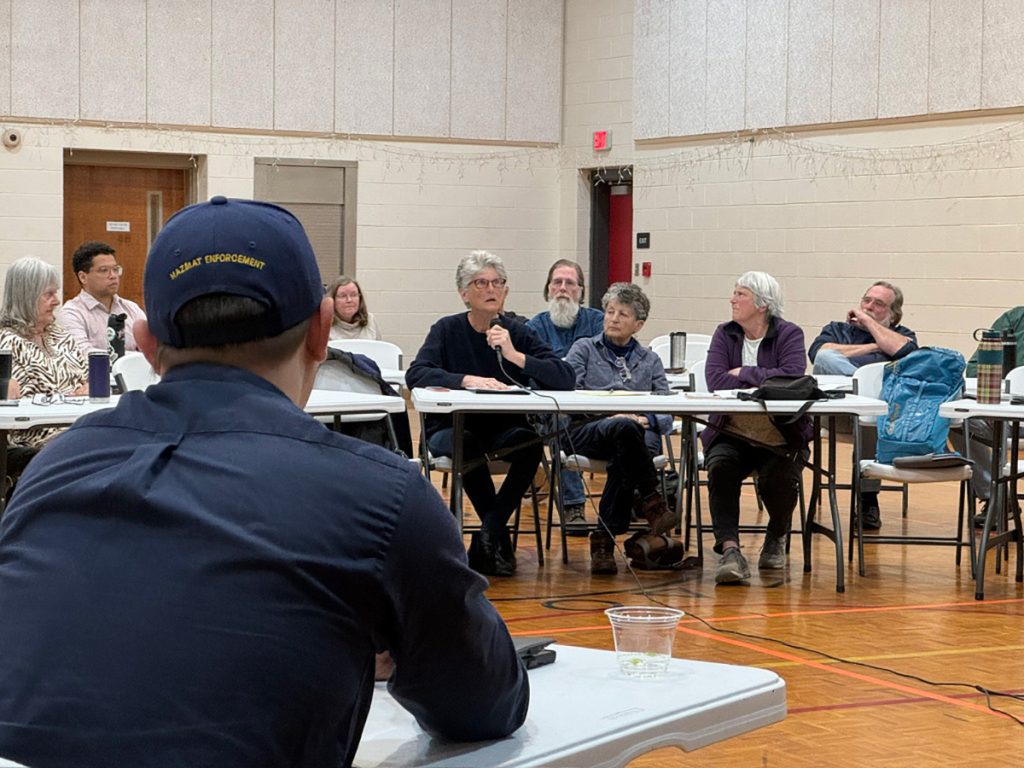Stop Pipelines & Fracked Gas

Photo By Sierra Shamer / Fractracker
Two decades ago, so-called natural gas exploded on the American energy market, pushed by the industry as a supposedly clean “bridge” fuel to transition the economy from dirty coal to renewable sources of electricity generation like solar and wind.
But this gas is far from clean. From the time that it is extracted using a destructive drilling method called fracking, its transport through pipelines, train cars and trucks, to the power plants where it is burned, the dire environmental and human costs of this fossil fuel are now abundantly clear. In particular, this polluting infrastructure is often sited in communities of color, lower-income areas and other environmental justice communities.
Studies show that investments in renewable energy and energy efficiency are on par with, or sometimes more affordable than, building new gas infrastructure. Many states are enacting policies to tap into the rising solar and wind sector. Yet the fossil fuel industry is rushing to build methane gas pipelines and power plants to squeeze as much profit as possible out of the waning fuel, putting most of the financial risk on customers.
Appalachian Voices is tackling the spread of fracked gas head-on by legally challenging fossil fuel proposals and pushing back against the antiquated policies and rubber-stamping agencies that govern the development of gas infrastructure. We are also partnering with communities in the fight against new fossil fuel infrastructure, providing resources and training to bolster local opposition. And we are pressuring decision-makers to force them to consider the harm to communities threatened by polluting energy development.
And the tide is starting to turn. In July 2020, Duke Energy and Dominion Energy canceled the 600-mile Atlantic Coast Pipeline. The massive fossil fuel project was riddled with problems, starting with the fundamental fact it was not needed to meet energy demand. Standing beside the many communities and organizations that made this historic victory possible, we’re taking this momentum and applying it toward the fight against other destructive, climate-harming projects that threaten community safety, our clean air and water, and that would raise electricity costs for residents.

Latest News
Public informational meeting to be held on July 23 to discuss Transco Pipeline Expansion project
A 54-mile methane gas pipeline and compressor stations are planned to cut through parts of North Carolina and Virginia in a project called the Southeast Supply Enhancement Project, also known as the Transco Pipeline Expansion.
Layers of injustice: Community concerns ignored as federal regulators allow Mountain Valley Pipeline to begin operation
Community members have fought this pipeline for 10 years — pointing out its many flaws and dangers and winning court battles by proving developers and regulators were ignoring laws meant to protect communities and the environment. Now, those regulators allow the pipeline to go into service.
Federal government allows failing Mountain Valley Pipeline to go in-service
Today, the Federal Energy Regulatory Commission has allowed the Mountain Valley Pipeline to go in-service. This announcement arrives after a decade of community-led resistance to the pipeline project. MVP has doubled in cost and delayed completion for six years due to failures to comply with environmental protections and resulting legal challenges.
Statement by Appalachian Voices on Mountain Valley Pipeline’s request to place MVP in service
FOR IMMEDIATE RELEASE June 10, 2024 CONTACT: Molly…
Pipe blowout heightens Mountain Valley Pipeline concerns
When Congress placed a thumb on the scale to mandate approval of Mountain Valley Pipeline’s permits in June 2023, construction resumed and communities along the route expressed deep concerns about the use of degraded materials and rushed construction practices.
Mountain Valley Pipeline Safety Issues Continue
The recent failure of a section of pipe during testing has heightened residents’ long-standing concerns about deteriorated pipe and rushed construction putting their safety at risk.

